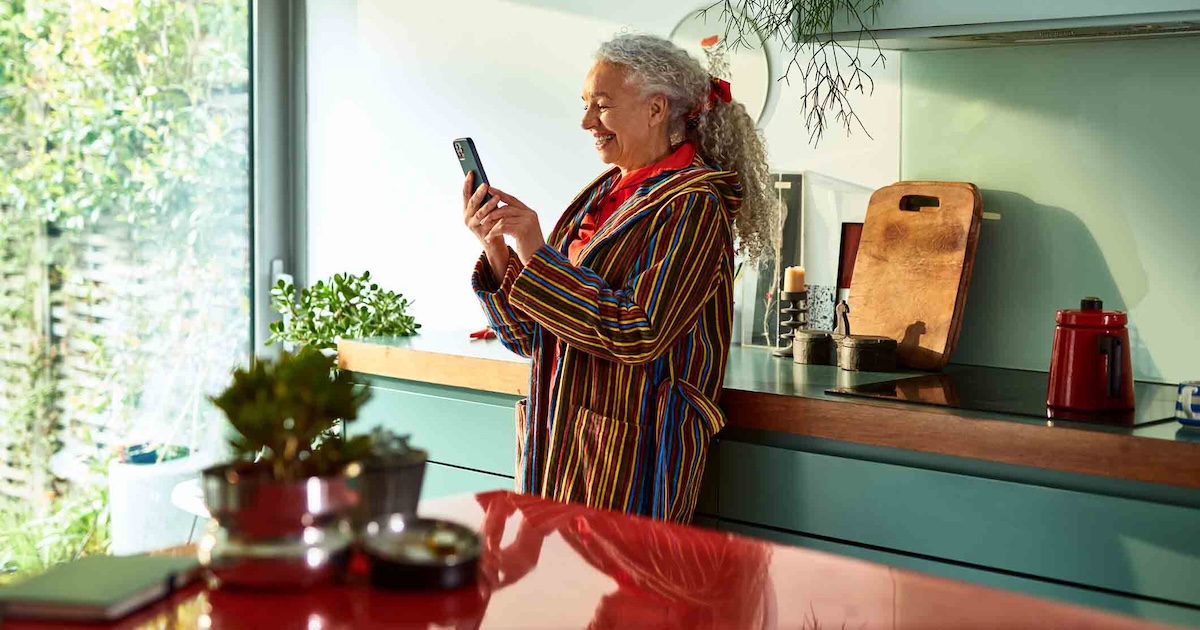Americans may not be embracing social media as a way to communicate with their providers, but they aren't opposed to using the Internet for more administrative functions such as billing, accessing their records and setting appointments.
This is according to a national Capstrat-Public Policy Polling survey, which found that more than five of every six respondents (85 percent) said they would not use social media or instant messaging channels for medical communication if their doctors offered it.
Only 11 percent of respondents said they would take advantage of social media such as Twitter or Facebook to communicate with their doctor and 20 percent said they would use chat or instant message.
Even among Millennials (18 to 29 years old), an age group that seems ripe for electronic health communication, the poll found that only 21 percent said they would take advantage of an online forum if offered.
Respondents were, however, more favorable toward conferring with their doctor via e-mail (52 percent), online appointment setting (56 percent), online access to their medical records (50 percent) and online bill payment (48 percent).
The survey found different attitudes along certain demographic lines. Hispanics said they were more comfortable interacting with their doctors online: 89 percent would take advantage of email if their doctors offered it; 89 percent would set appointments online; 78 percent would participate in online bill payment; and 89 percent would call a nurse help line.
The poll revealed that a nurse help line was the preferred form of communication across all demographic and age cohorts. Seventy-two percent of respondents said they would take advantage of a nurse help line if it was offered by their doctor. Fifty-five percent said they would be interested in online advice from nurses.
"It appears consumers are willing to move administrative experiences such as bill payment and records access online, but when it comes to conferring with their healthcare providers, people still prefer more traditional communications," says Capstrat President Karen Albritton. "The implications include a way for doctors to free up more time for their patients by moving the right interactions online, and an opportunity to forge stronger connections through personal interaction."


